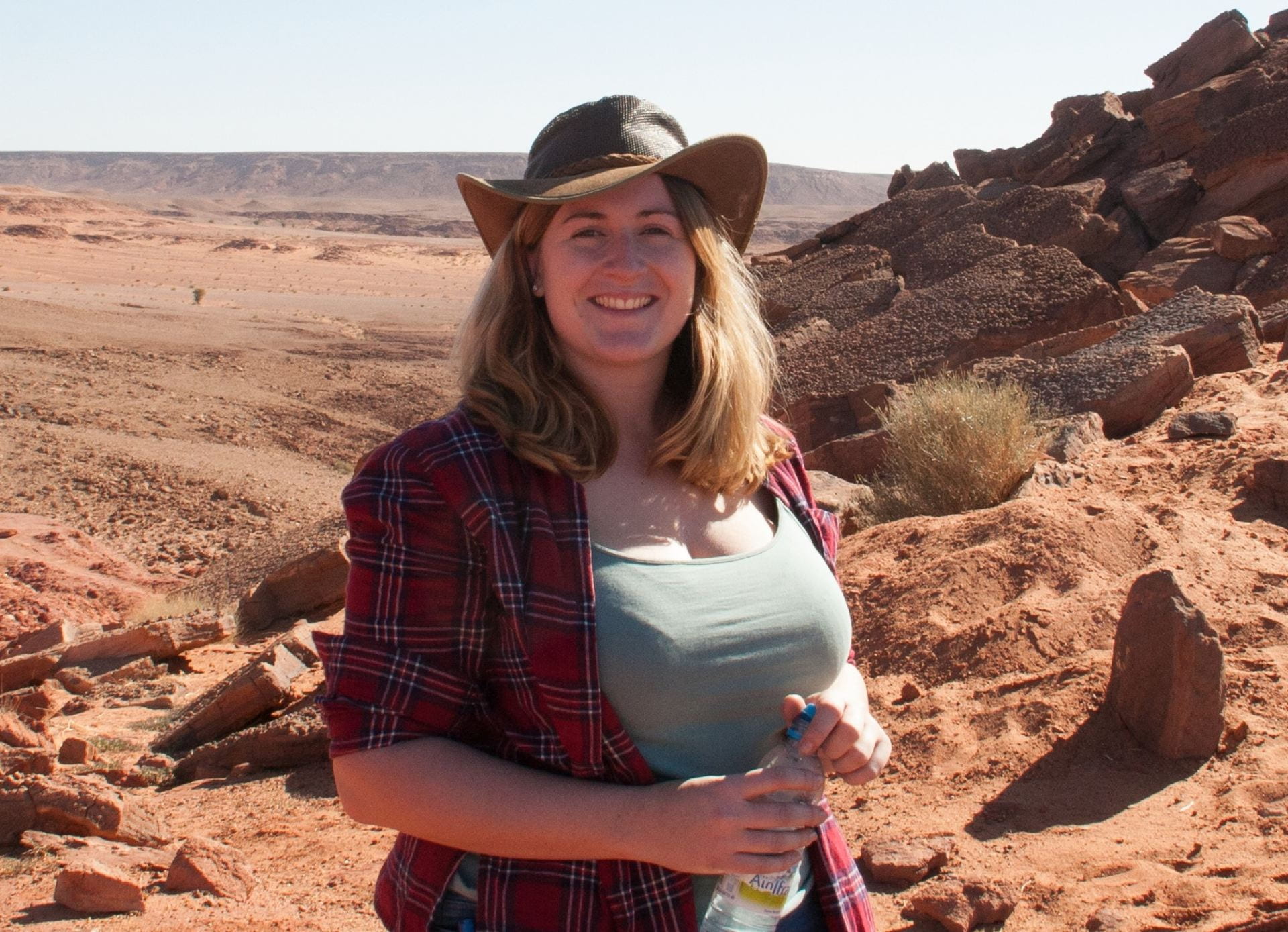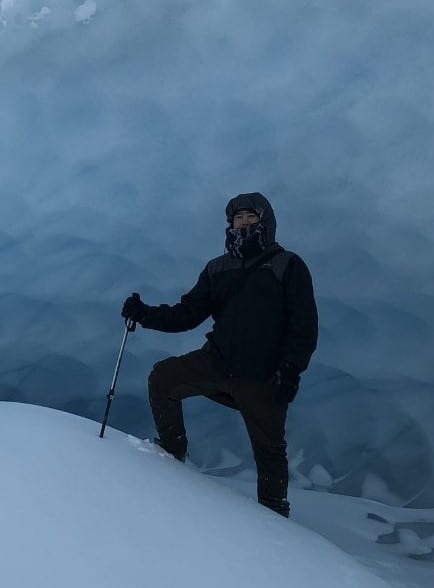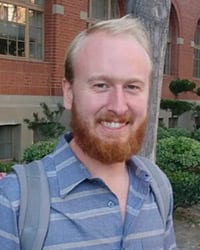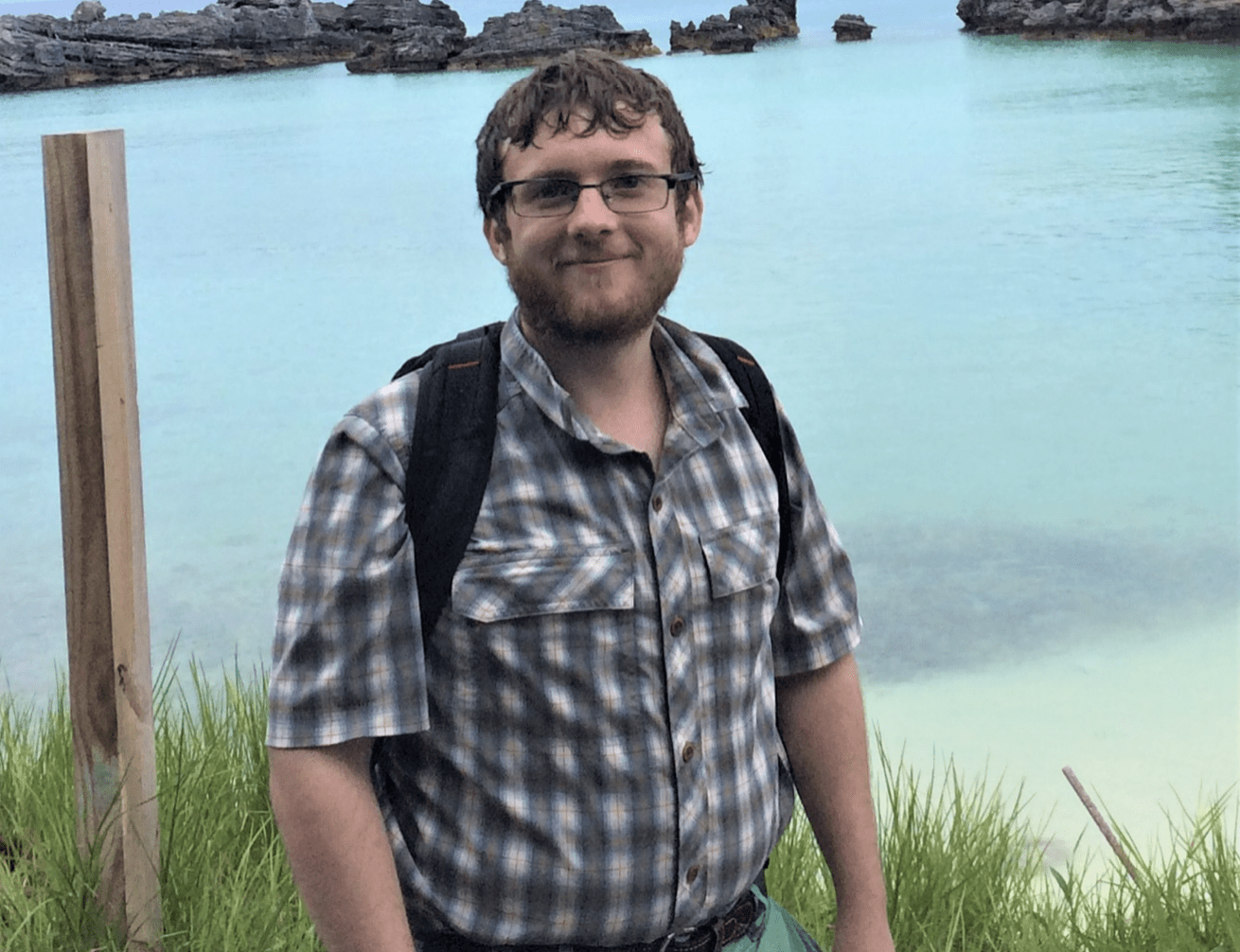Current Paleo Lab Members
Elizabeth Petsios, Ph.D. (PI)
Assistant Professor in the Geosciences Department at Baylor University.
B.S. – Cornell University, 2011
Ph.D. – University of Southern California, 2016
Google Scholar | Research Gate | CV
Interests: Invertebrate paleontology, paleoecology, developmental biology, and macroevolutionary processes.
Contact: Elizabeth_Petsios@baylor.edu
Cooper Malanoski
B.S. – SUNY Cortland, 2019
Interests: Mass extinctions, recovery following mass extinctions, Paleoecology, Quantitative Paleobiology, taphonomy, lagerstätte, inarticulate brachiopods.
Contact: Cooper_Malanoski1@baylor.edu
Megan Jacobs
Ph.D Student, 2020 start
B.S. in Paleontology – University of Portsmouth, 2018
M.S. of Research – University of Portsmouth, 2019

Twitter | Research Gate | CV
Interests: I am currently an international Ph.D. candidate, originally from the UK.
My Ph.D. project is based on the morphology and function of Mesozoic echinoid spines, as well as faunal encrusters on Cretaceous echinoids in Texas. I plan to use a combination of photography, 3D scanning, thin sections, and micro CT scanning to look at echinoid spine structure through the Mesozoic.
I also have a keen interest in ichthyosaur taxonomy and ecology, with my master’s project being to describe a new genus and species of ichthyosaur from the Kimmeridge Clay Formation, UK, as well as taxonomic revisions of ichthyosaur genera. I’m also very interested in ichthyosaur ecology, with a long-term project based on using ichthyosaur morphology to infer deep diving or shallow diving modes of life.
I have previously worked on Pterosaurs and theropods from the Kem Kem Beds of Morocco, specifically describing a new fauna of toothed pterosaurs and finding a new, undescribed faunal of small theropods.
I have additionally conducted work on dinosaur gastroliths from the Cretaceous Wessex Formation, Wealden Group of the Isle of Wight, UK. This involved experiments to recreate the classic ‘shine’ found on gastroliths, and used thin sections to identify their mineralogy to trace provenance in order to find out where the dinosaurs acquired them, and build a paleogeographic map of the Wessex Basin in the Cretaceous.
Contact: Megan_Jacobs1@baylor.edu
Nathan Wright

Ph.D Student, 2020 start
B.S. – Knox College, 2020
Interests: I am interested in using invertebrate paleontology to learn more about the effects of past climatic shifts and extinction events on ecology and evolutionary processes, using primarily paleobiogeographic and morphological methods.
Contact: Nathan_Wright1@baylor.edu
Brendan Anderson, Ph.D.
Post-doctoral Researcher in the Geosciences Department at Baylor University.
B.S. – Dartmouth College, 2009
M.S. – University of Kansas, 2013
Ph.D. – Cornell University, 2018
Twitter | Research Gate | CV
Interests:
Contact: Brendan_Anderson@baylor.edu
Charis Morris
Undergraduate Lab Assistant
Major: Earth Science
Interests:
Dakota Gavin

Undergraduate Lab Assistant
Major: Biochemistry
Interests: Mesozoic Cephalopods and Cambrian biota.
Former Paleo Lab Members
Jeffrey R. Thompson, Ph.D. (former Post-doc)

B.S. – The Ohio State University, 2013
Ph.D. – University of Southern California, 2018
Google Scholar | Research Gate | CV
Interests: Developmental evolution, macroevolution, mass extinction events, taphonomy
Where are they now? Royal Society Newton International Fellow, University College London

